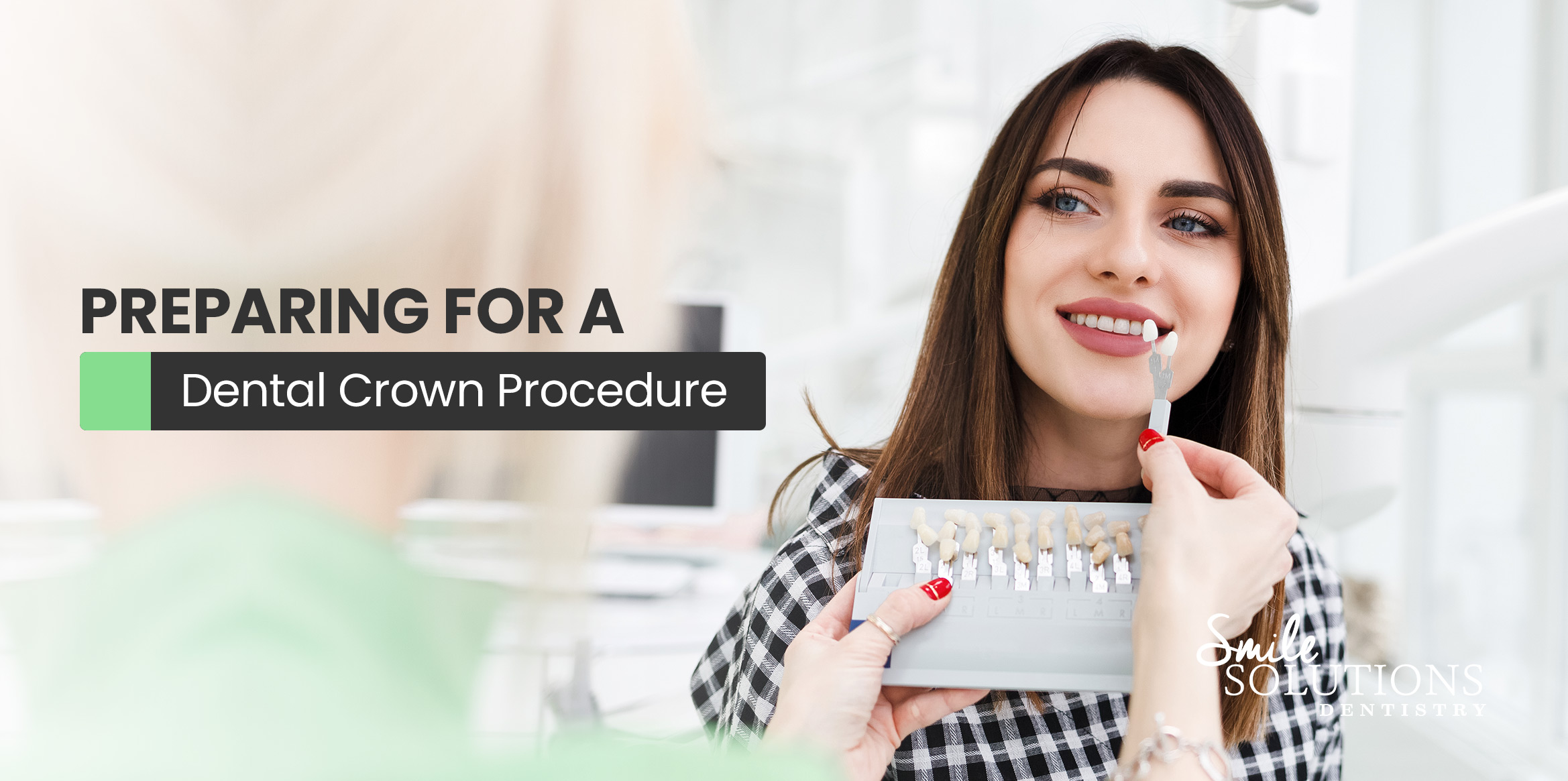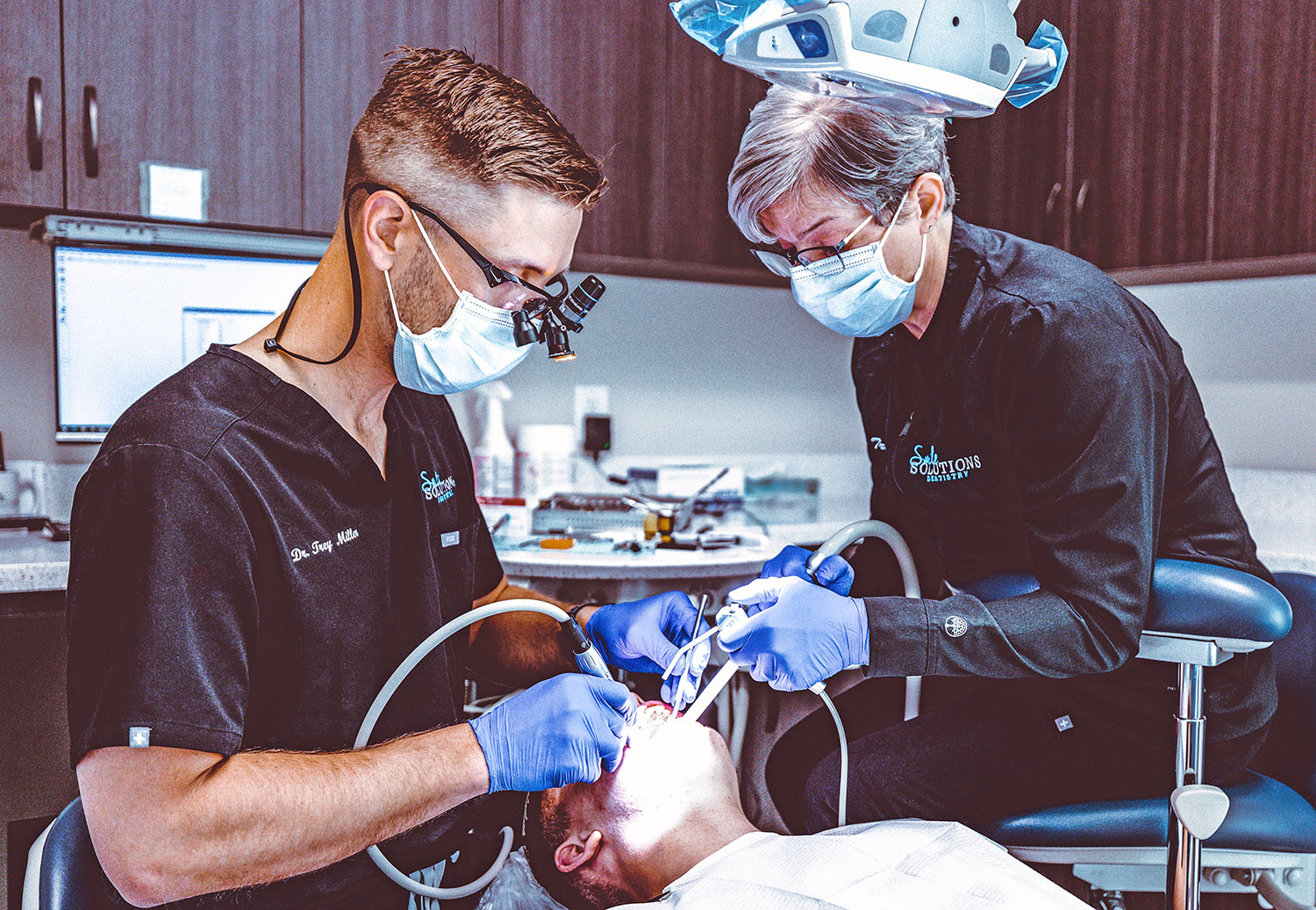Preparing for a Dental Crown Procedure
A dental crown is a protective covering for your damaged tooth or teeth that are custom-made just for you. A crown can make the difference between saving a natural tooth or having it extracted.
Dental crowns are usually made of porcelain or ceramic materials, and can be designed to match the same shape and color as your natural teeth. Crowns can also be used to restore dental implants.
Advantages of Dental Crowns
A dental crown can be used to improve your oral health and cover a number of cosmetic defects or flaws in your tooth. Advantages include:
• Restore cracked or fractured teeth
• Hold together damaged or cracked teeth
• Replace worn-out fillings
• Restore dental implants
• Improve the appearance of your teeth
Dental crowns are also durable and strong and can last as long as 5 to15 years without additional maintenance.
When to Consider a Dental Crown
Dental crowns are one of the most common dental procedures to restore a broken, damaged, or worn-down tooth.
Some instances where a dental crown should be considered include:
• A Damaged Tooth
• A Cracked Tooth
• A Decayed Tooth
• Enamel Deterioration
• Aesthetic Appearance
Do Dental Crown Procedures Hurt?
A common question we get asked a lot is: “will it hurt”? The short answer is no. It’s a fairly simple procedure, and most of our patients are surprised at how smoothly it goes.
Most over-the-counter pain medications can manage post-procedure discomfort. If pain lingers, it’s usually due to the shape of the crown affecting the bite patterns, which can easily be adjusted by your dentist.
Dental Crown Procedure Recovery
After your dental crown procedure, and once your anesthesia wears off, you can expect to feel some sensitivity on and around your newly crowned tooth or teeth, but this is normal and will eventually subside after a few days.
It is also recommended to avoid hard foods and hot liquids for at least 24 hours after surgery. Patients can sometimes burn or bite themselves without knowing, due to the anesthesia that might still be working. There may also be some inflammation and/or bruising at the site of the dental crown placement, but this should go away without the need for any additional treatment within two or three days.
Conclusion
If you’d like to learn more about dental crowns, or have a specific question, please feel free to give our office a call. Our team will be happy to help. You can CALL us at 704-456-9611 or TEXT at 833-269-9834. We also have financing options. See if you prequalify here.




